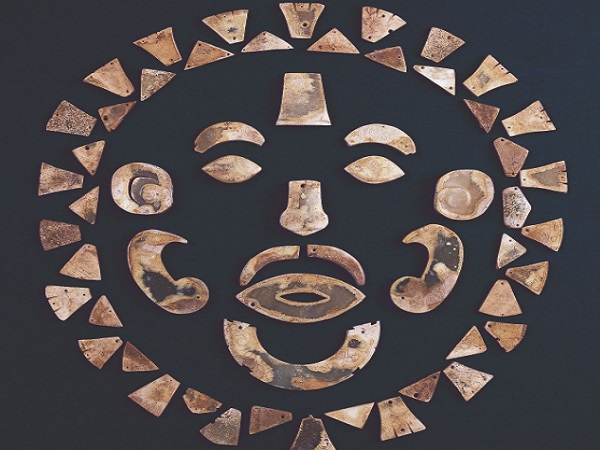 Credit: MNHA
Credit: MNHA
The Musée nationale d'histoire et d'Art (MNHA) Luxembourg is exhibiting a collection of archaeological treasures from Henan, China.
The exhibition will feature a free conference by Damien Chaussende this Thursday 24 January 2019 at 18:00. The conference entitled "Le premier empereur de Chine: du portrait historique à la réalité archéologique" will be held in French.
Chaussende will present Ying Zheng, who was to become the First Emperor of China. Zheng was initially only the ruler of one Chinese state. By prolonging the centralising reforms applied by his predecessors, within a few decades he transformed his country into a very effective war machine which in 221 BC achieved the unification of China. Ying Zheng then proclaimed himself the First Emperor, creating a new political system that would continue in China for over two thousand years. This ruler, who was buried with an army of several thousand terracotta soldiers, has left behind the image of a tyrant, but also that of a great builder and founder. More information on this event is available at https://www.mnha.lu/fr/Conferences/Le-Premier-empereur-de-Chine-du-portrait-historique-a-la-realite-archeologique.
In addition, the museum will offer guided tours of the exhibition "Les origines de la civilisation chinoise: trésors archéologiques du Henan" also on Thursday from 18:00. These tours will be given in Luxembourgish and German and are free of charge.
The MNHA is also organising a guided tour of the exhibition "Twelve animals or the art of counting time: the story of the Chinese calendar" with Mily Tasch on Sunday 27 January at 15:00. This visit will be in English and costs €7. Legend has it that it was Emperor Huangdi who, in 2697 BC, invented the calendar by postulating a sexagenary cycle. Based on rather precise astronomical observations, the Chinese calendar is a wonderful story in which the first Buddha laid the foundation for counting time by inviting twelve animals to a race.








